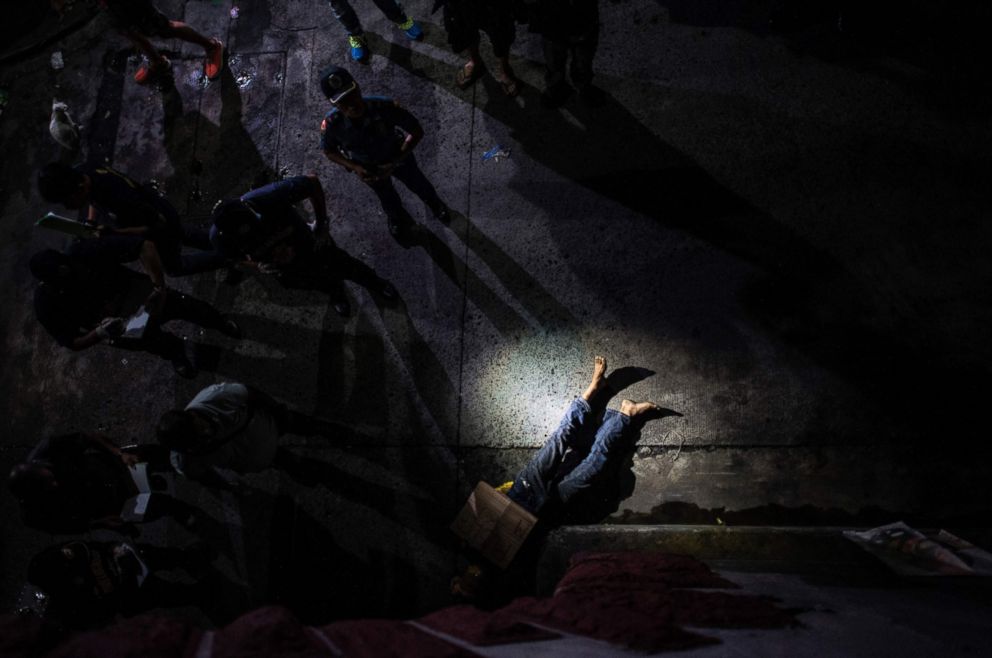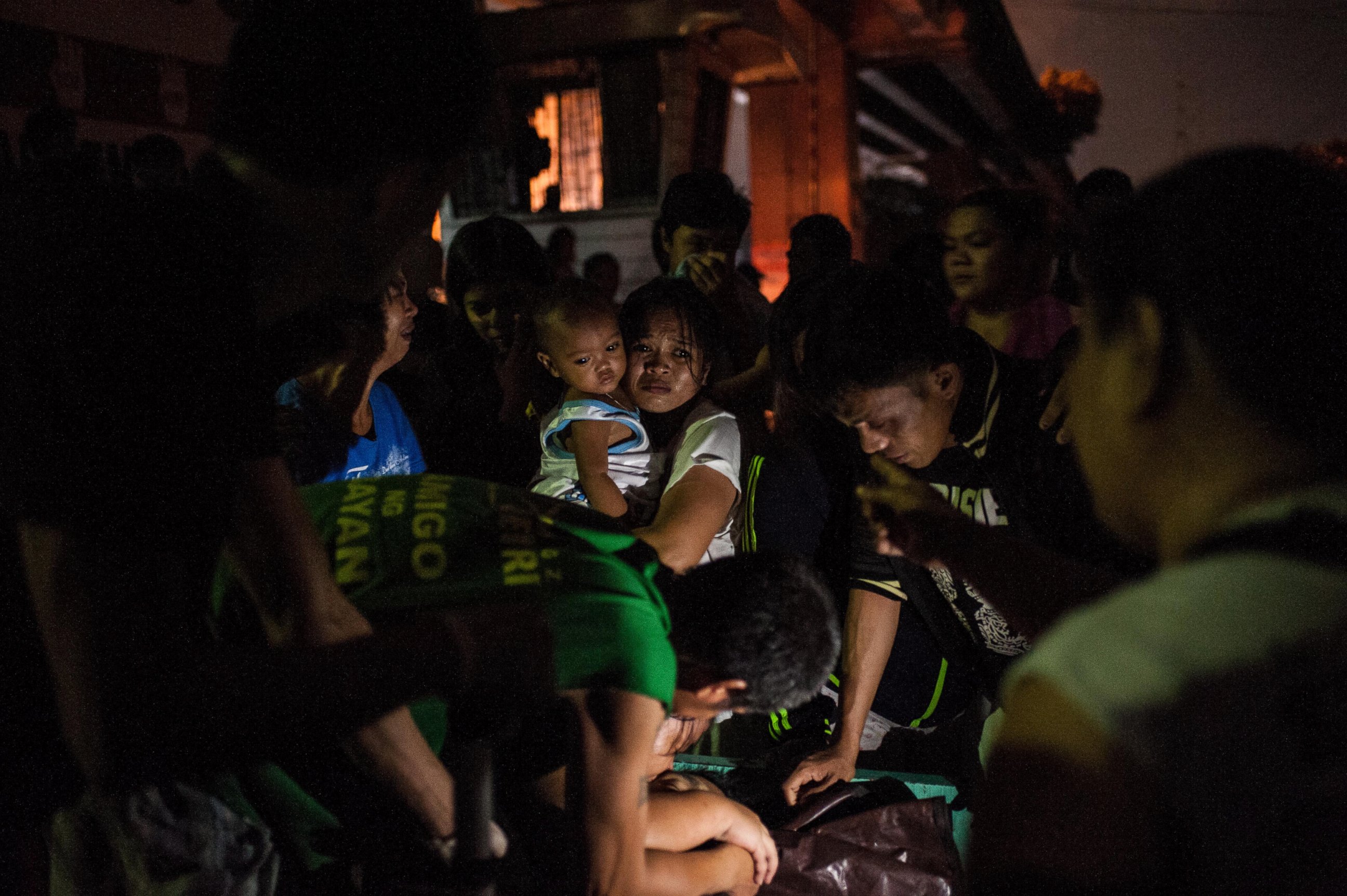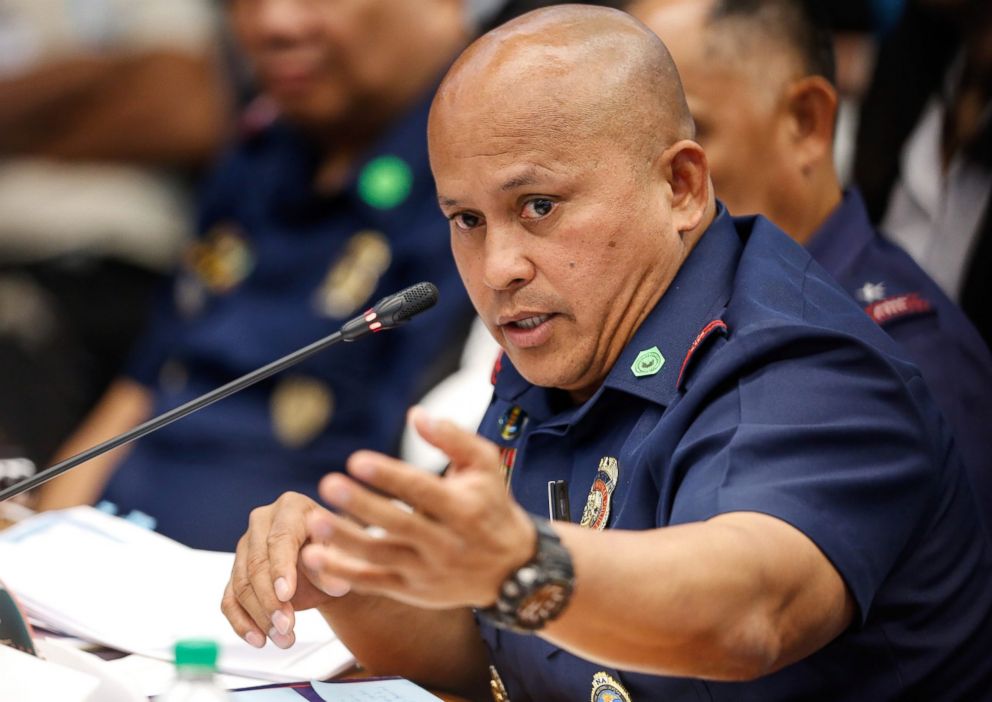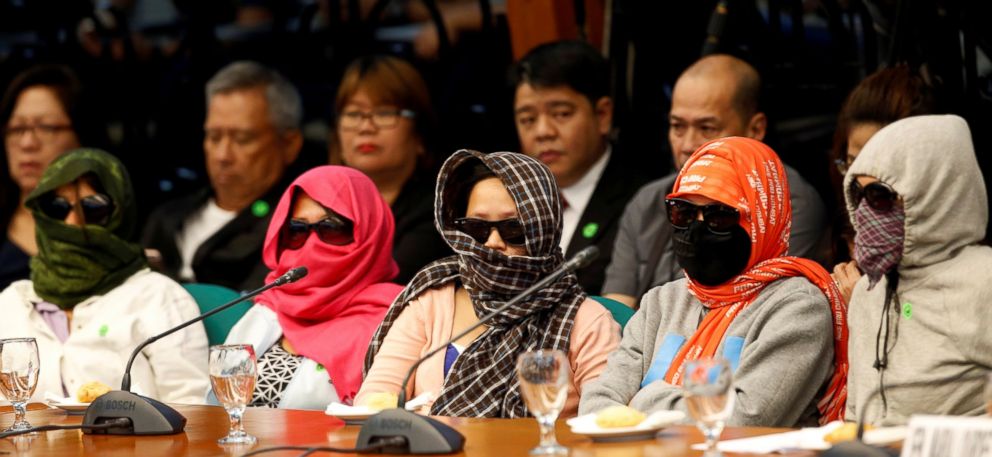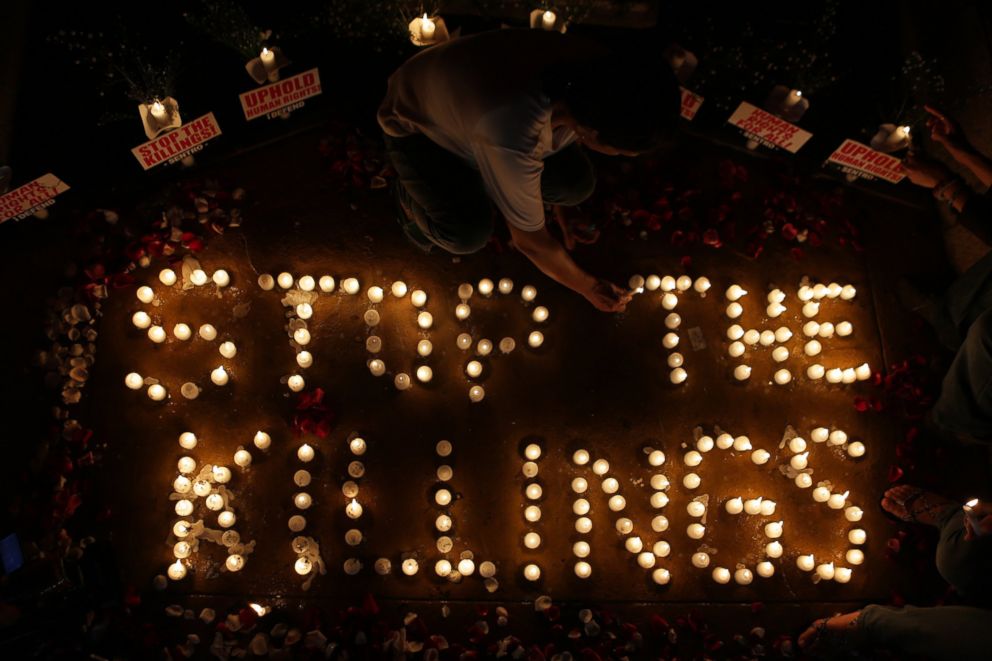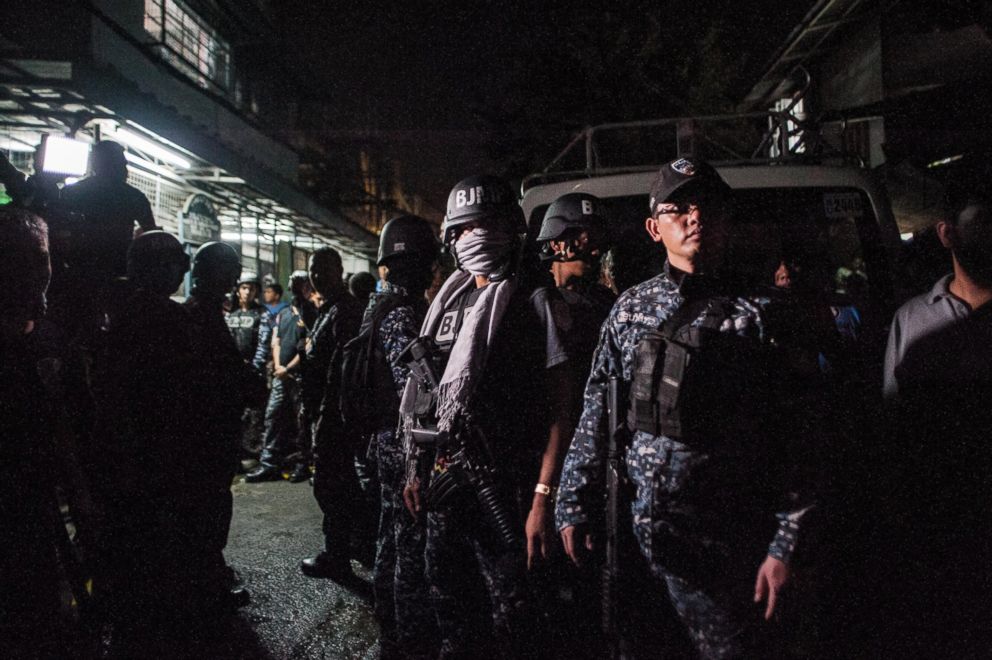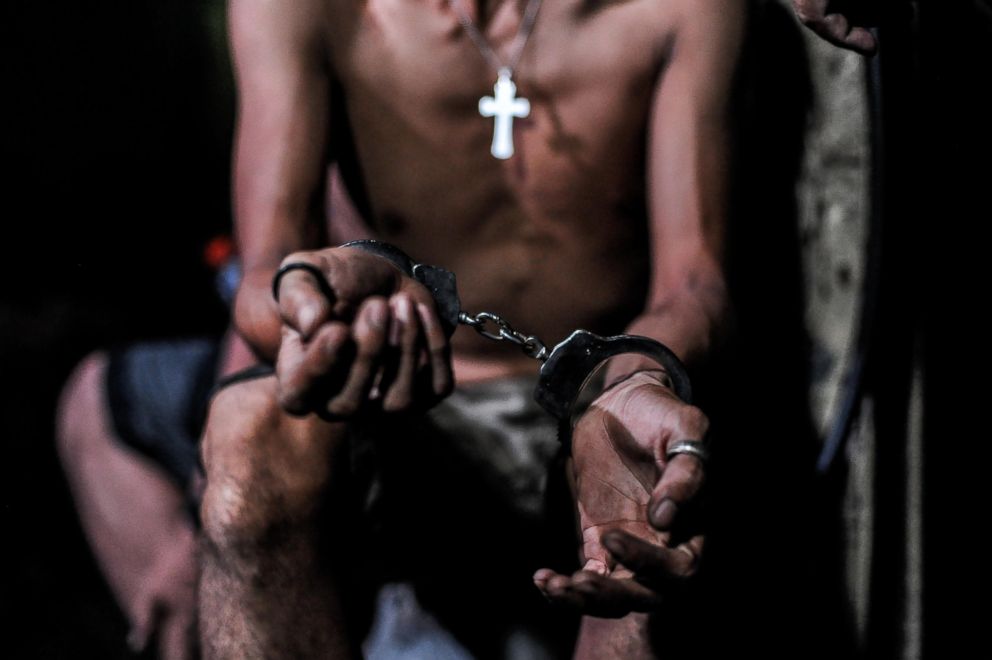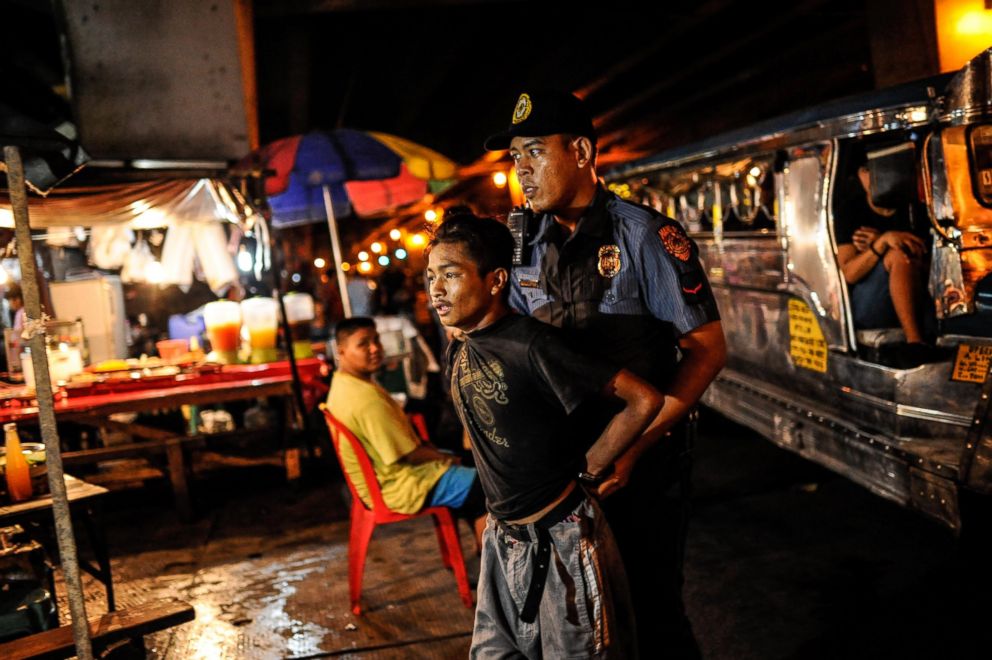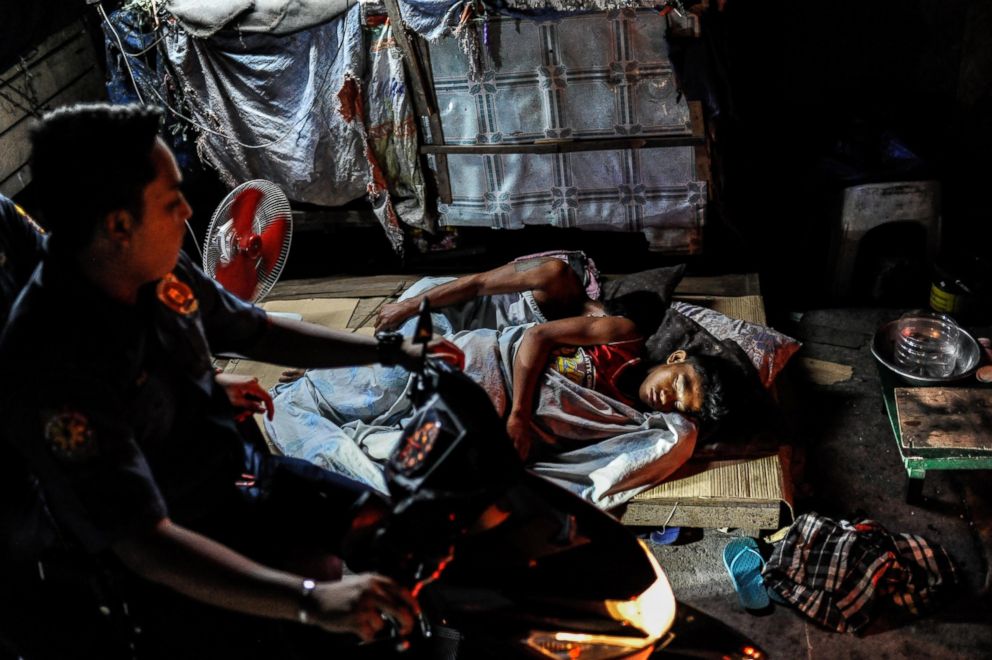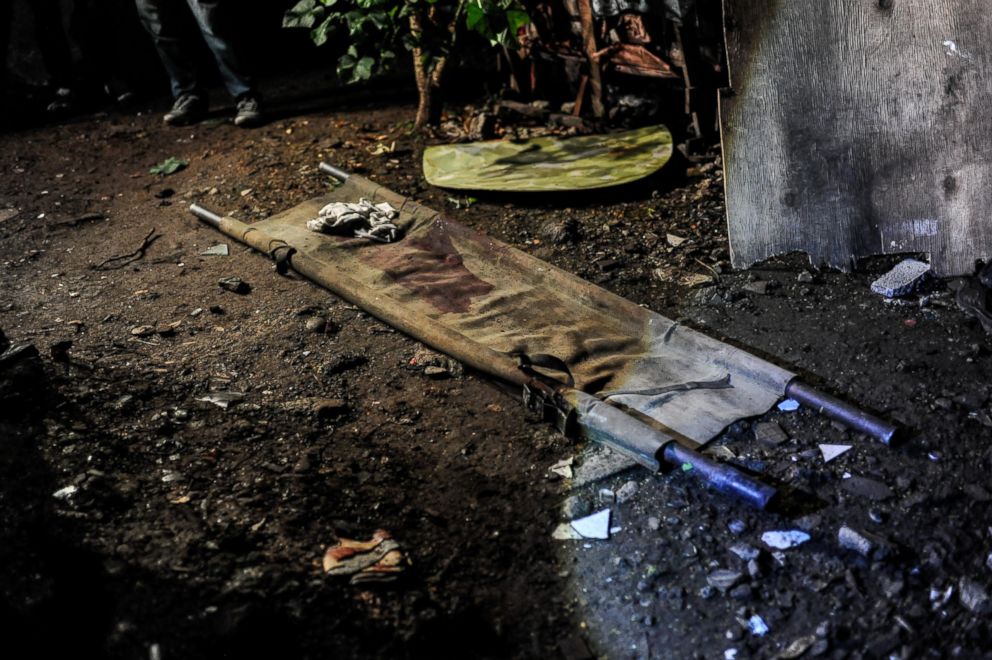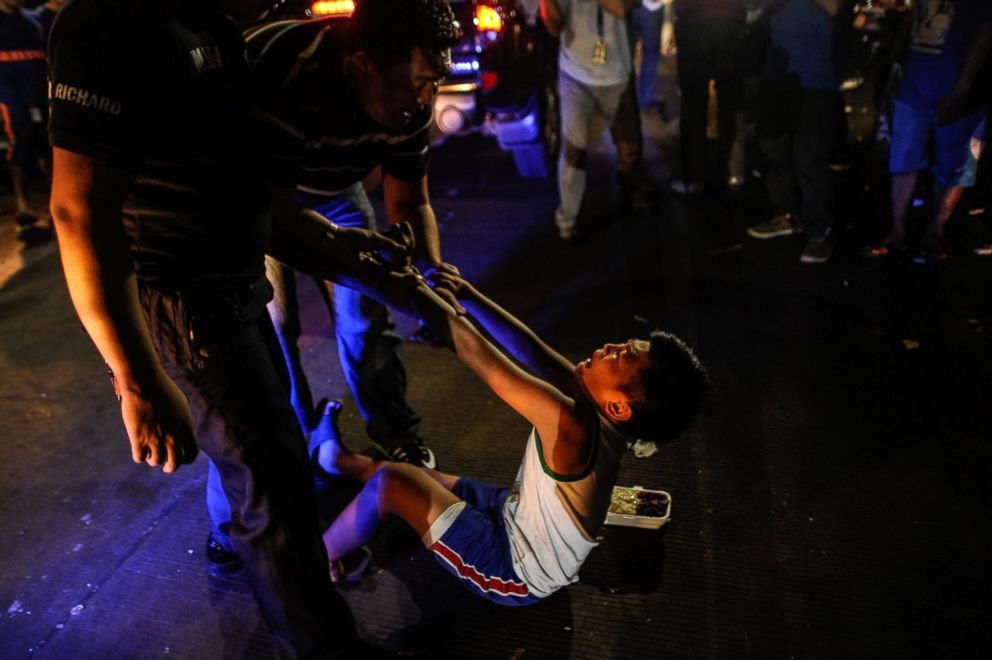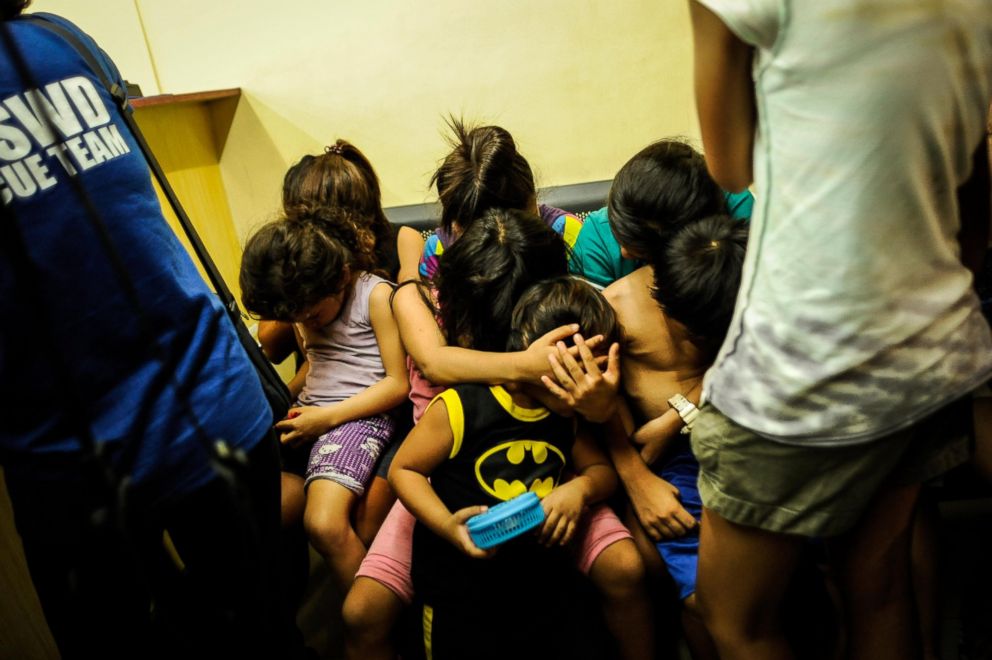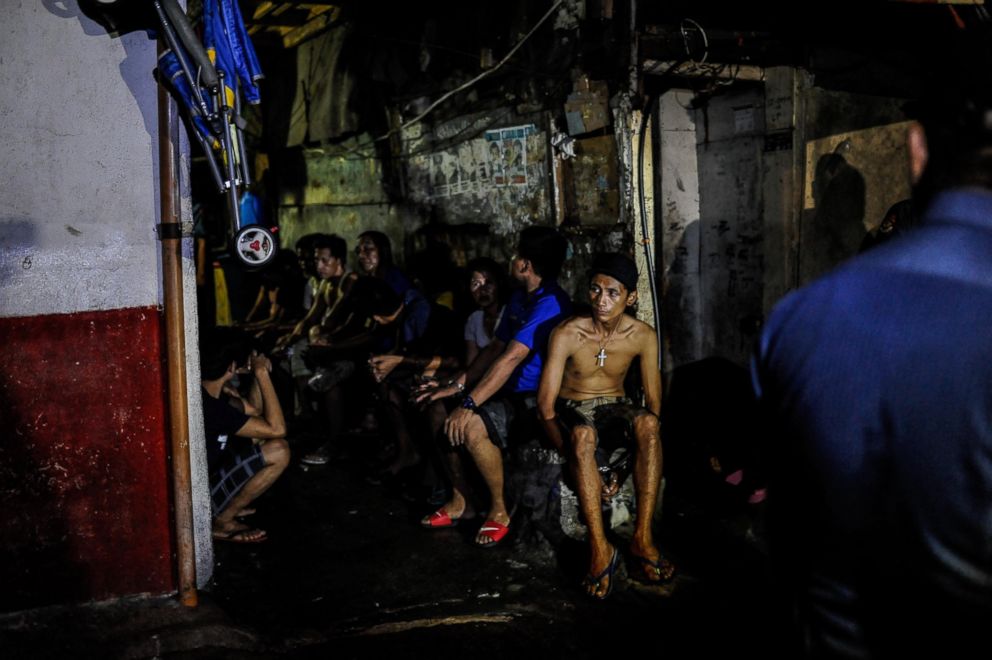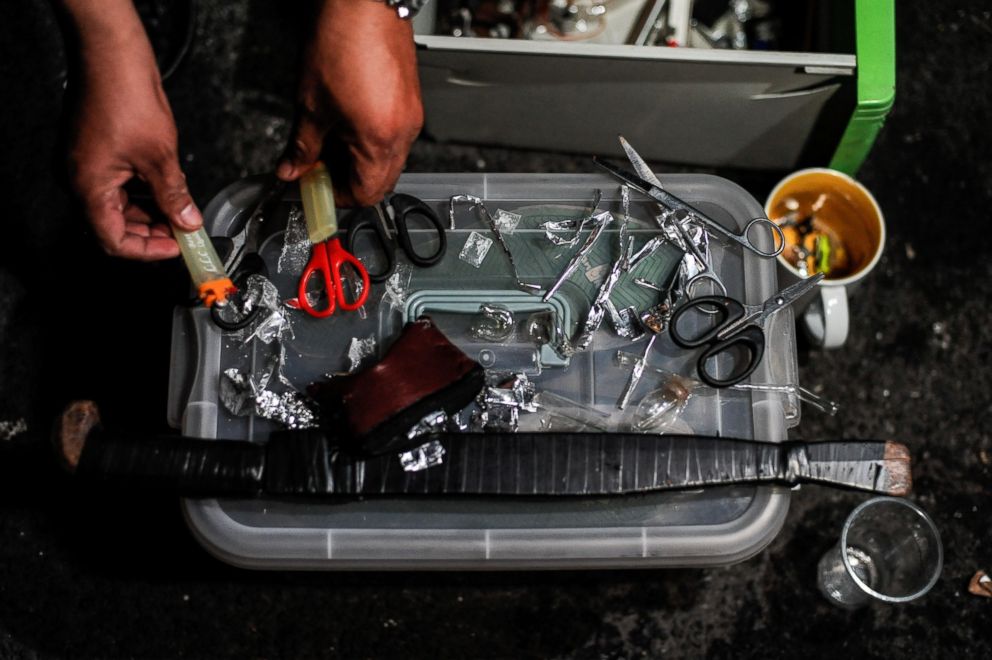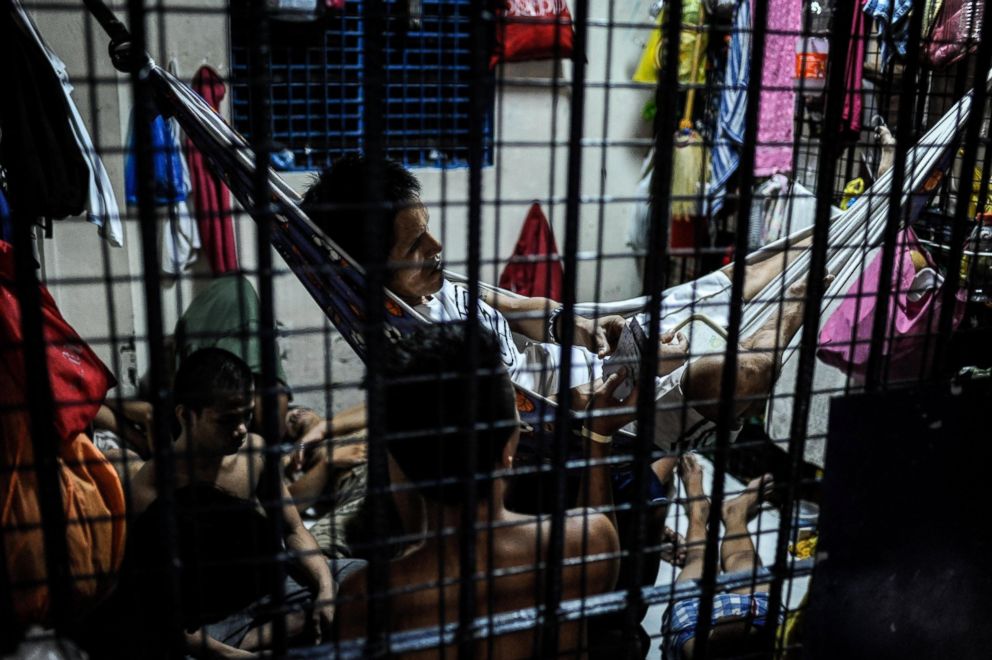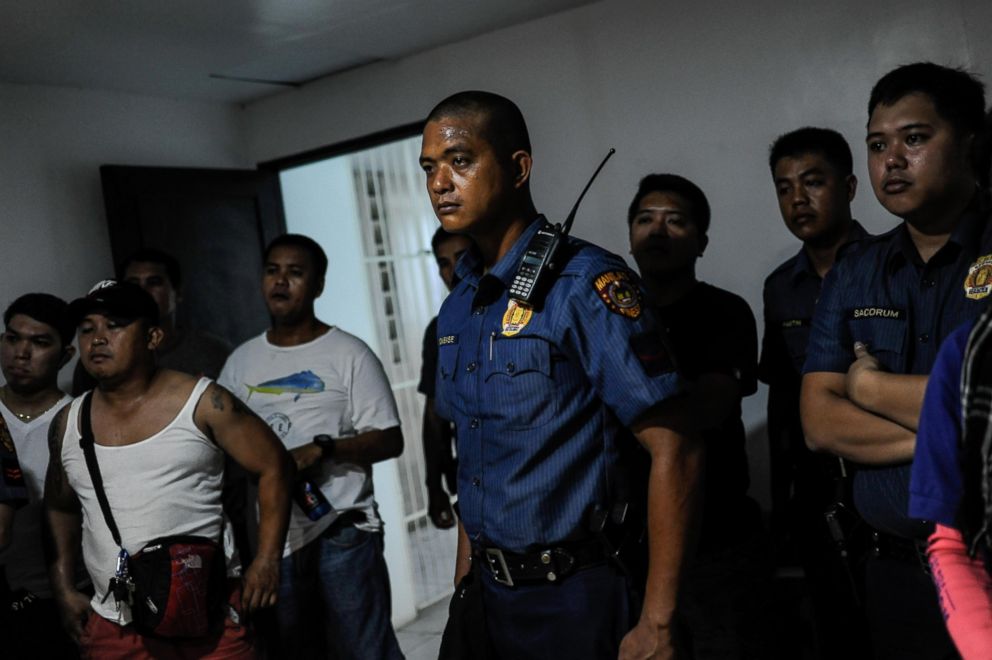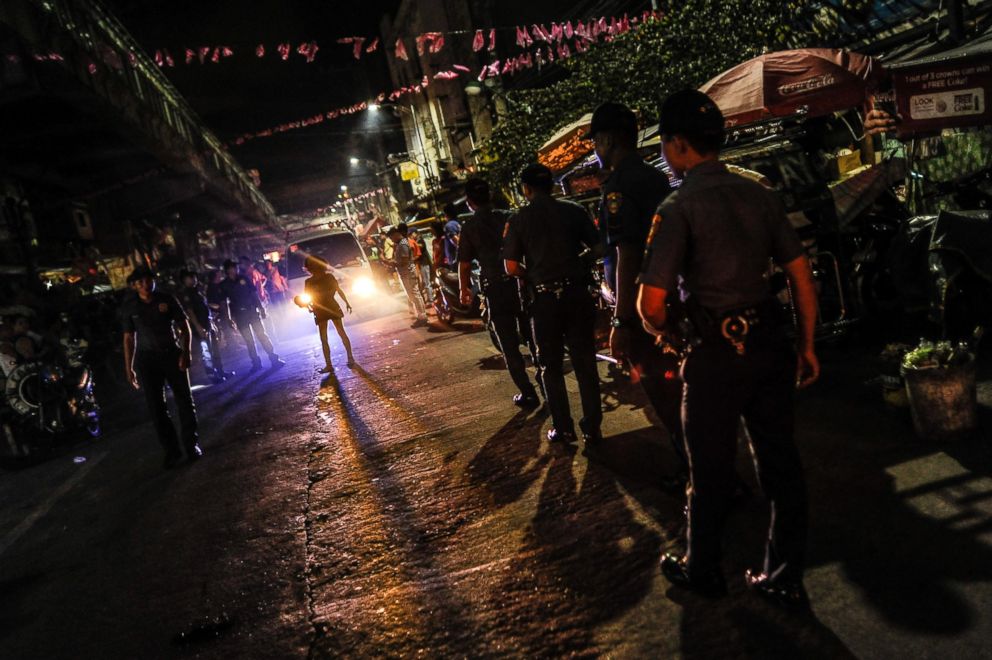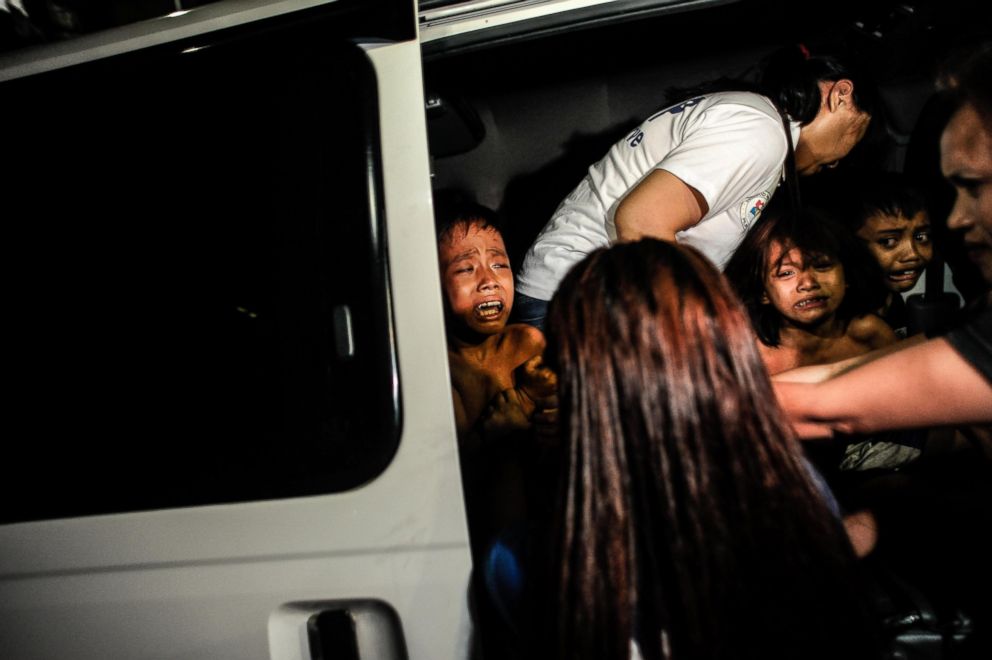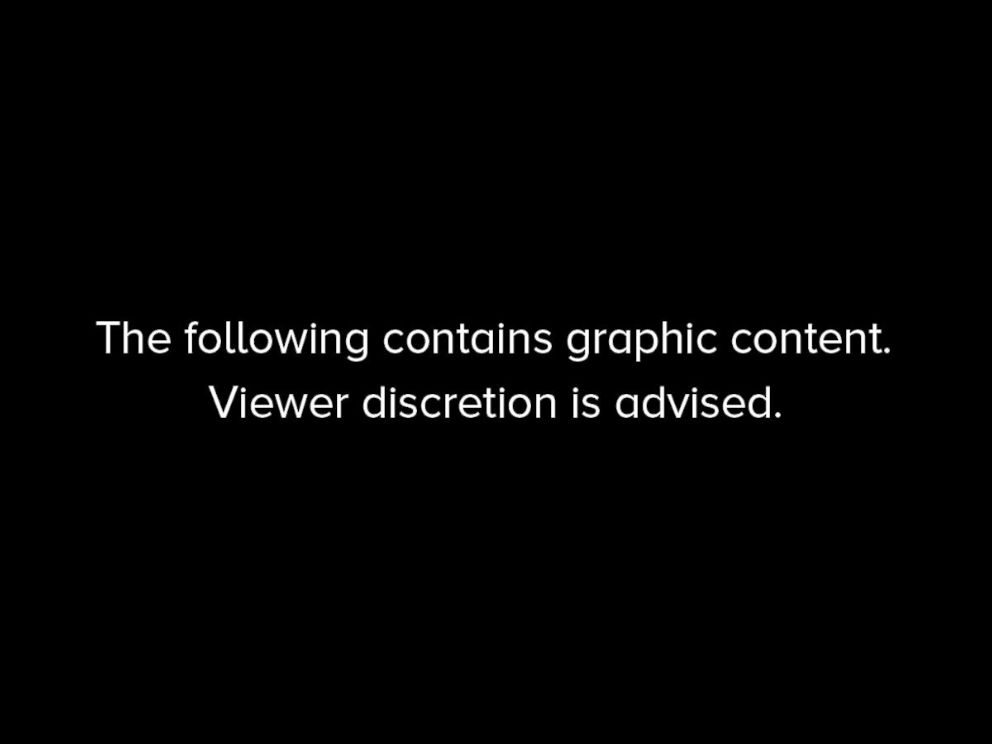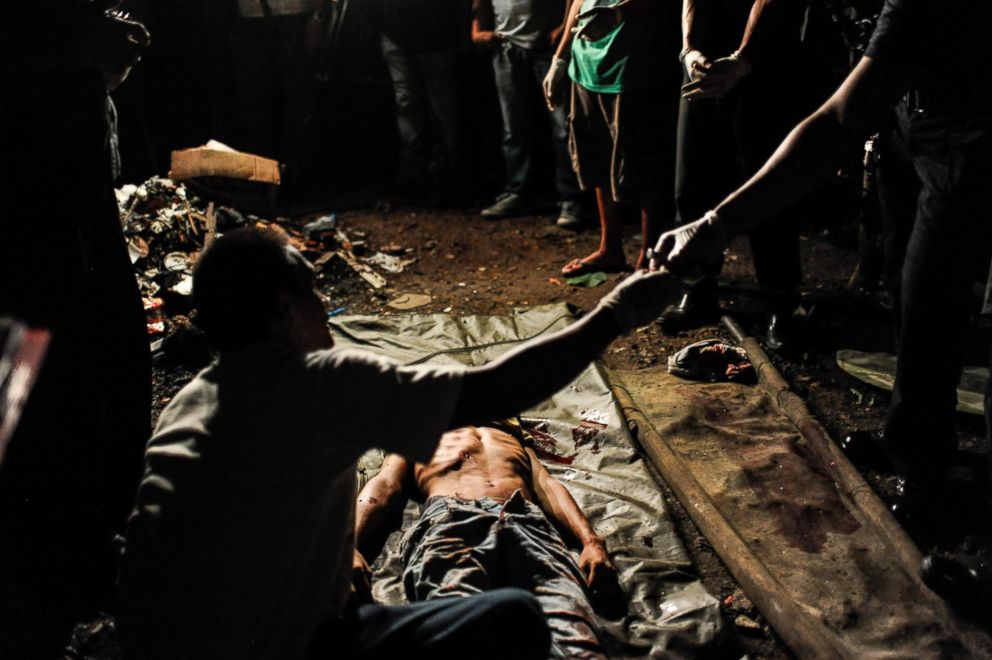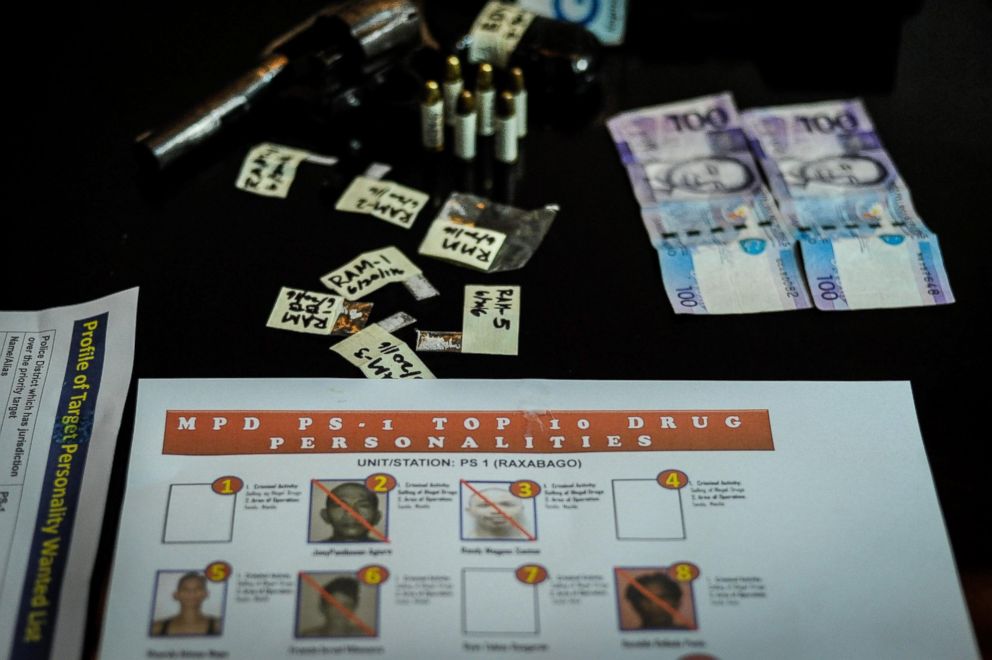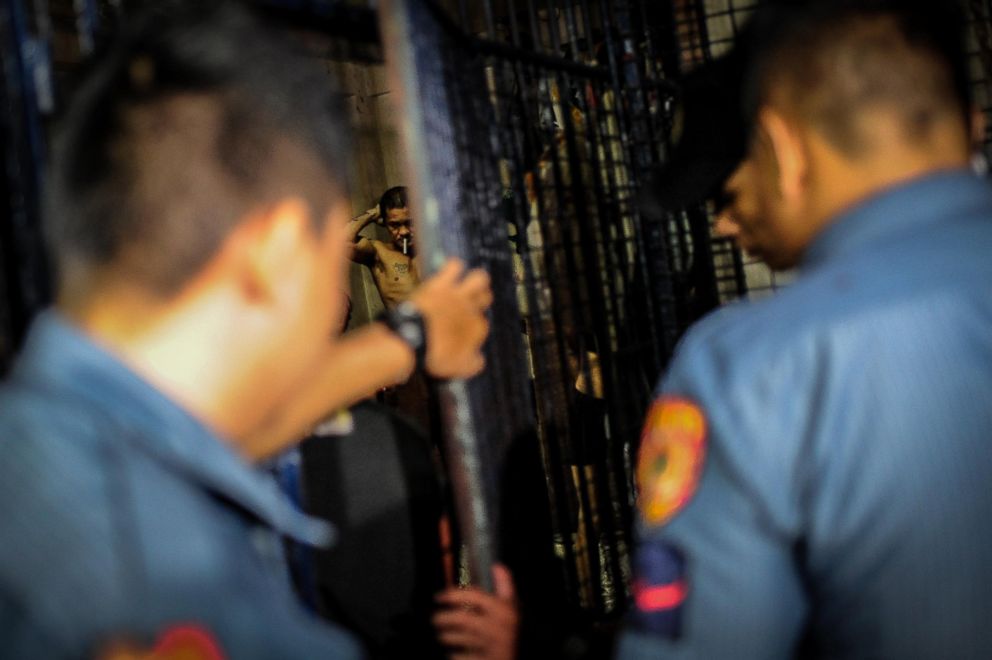Trump adds the Philippines' Duterte to list of authoritarian world leaders he's praised
He's complimented Putin, Saddam Hussein and Muammar Gaddafi in the past.
— -- President Donald Trump can add the name of another controversial, authoritarian leader to the list of so-called strongmen that he has praised: President Rodrigo Duterte of the Philippines.
The compliment to the Philippines leader came from the White House on Saturday after Trump and Duterte spoke by phone.
Trump has also in the past praised North Korean dictator Kim Jong Un, Russian President Vladimir Putin, former Iraqi dictator Saddam Hussein, deposed Libyan leader Muammar Gaddafi and Syrian President Bashar al-Assad. And he recently congratulated Turkish President Recep Tayyip Erdogan on the passage of a referendum that will greatly concentrate Erdogan's already-significant powers.
On Saturday, a White House statement on the call between Trump and Duterte said the two presidents had a "very friendly conversation" that touched on "regional security, including the threat posed by North Korea."
Human rights groups accuse Duterte of being behind what they say are extrajudicial killings of more than 7,000 drug offenders by police and vigilante groups.
Police wage war on drugs in the Philippines.
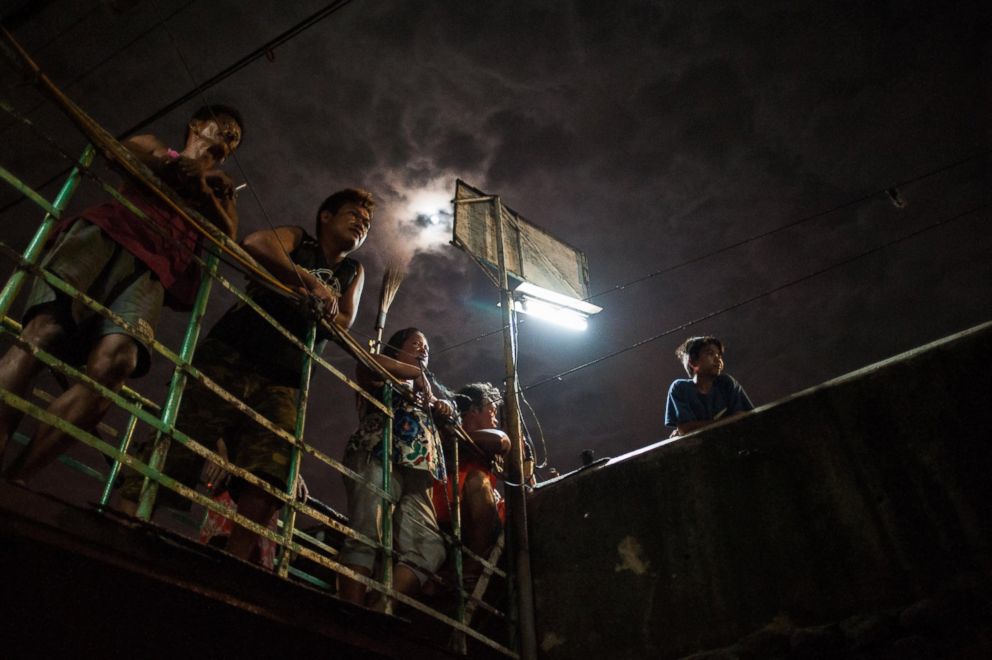
The White House release on the call said Trump "enjoyed the conversation" and invited Duterte to Washington, D.C., "to discuss the importance of the United States-Philippines alliance, which is now heading in a very positive direction."
White House chief of staff Reince Priebus defended the invitation to Duterte in an interview Sunday with ABC News' Jonathan Karl on "This Week," saying the president aims to work with the Philippines and other Southeast Asian nations in confronting North Korea's nuclear program.
"It doesn't mean that human rights don't matter," Priebus said. "But what it does mean is that the issues facing us developing out of North Korea are so serious that we need cooperation at some level with as many partners in the area as we can get."
Over this past weekend, Duterte wasn't the only leader to receive Trump's praise. In an interview with CBS, taped Saturday and released in full this morning, Trump called North Korean dictator Kim Jong Un a "pretty smart cookie" because of his ability to hold onto power at a young age after his father died.
"A lot of people, I'm sure, tried to take that power away, whether it was his uncle or anybody else. And he was able to do it. So obviously, he's a pretty smart cookie," Trump said.
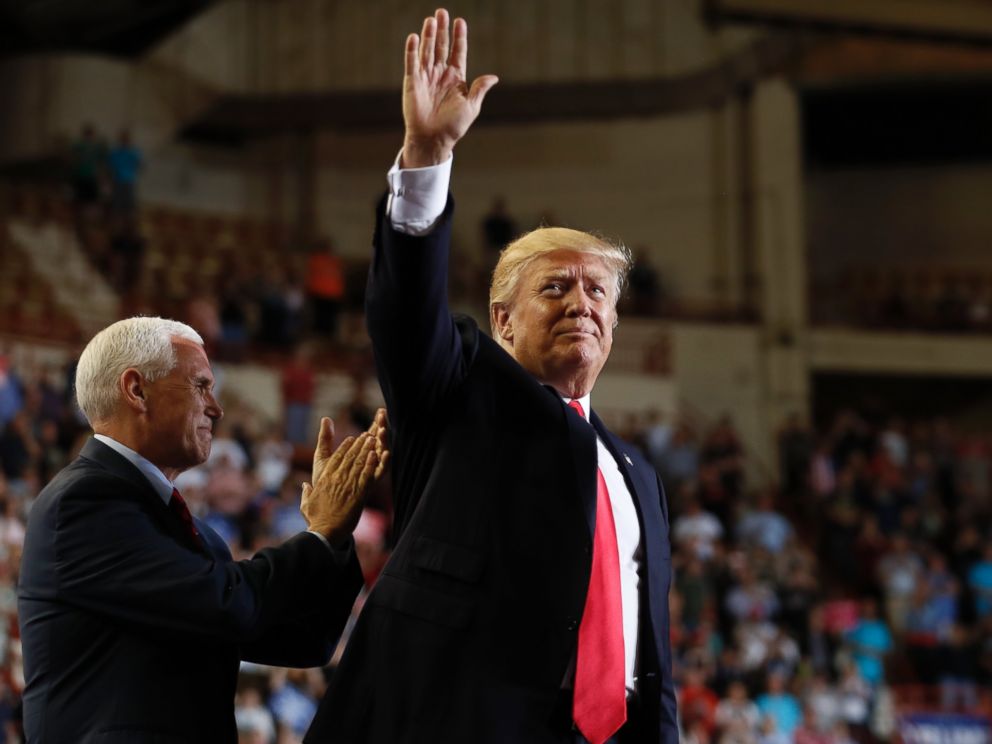
Similarly, Trump has previously said of Kim Jong Un: "You gotta give him credit."
"How many young guys — he was, like, 26 or 25 when his father died — take over these tough generals, and all of a sudden ... he goes in, he takes over, and he's the boss," Trump said of the North Korean leader in January 2016. "It's incredible. He wiped out the uncle, he wiped out this one, that one. I mean, this guy doesn't play games. And we can't play games with him."
Earlier in April, Trump called Turkish President Recep Tayyip Erdogan to congratulate him on his victory in a referendum vote that critics contend was rife with election irregularities. The referendum's approval will lead to the abolishment of the post of prime minister and weakening of the country's parliament, adding to Erdogan's already-significant powers. Some observers say the changes threaten to choke off the possibility for modern democratic values to take hold in Turkey.
During the election campaign, Trump responded to criticism of his praising authoritarian leaders. In a GOP primary debate in March 2016, CNN's Jake Tapper asked then-candidate Trump about his calling Putin a "strong" leader and his references to the Chinese government's massacre of Tiananmen Square protesters in 1989 as showing "the power of strength."
Trump responded that his comments weren't endorsements of the Chinese government's crackdown or Putin.
"Strong doesn't mean good," he said, adding that in his remarks about Tiananmen Square and Putin, "I don’t say that in a good way or a bad way. I say it as a fact.
Trump has been critical of some of the strongmen he has praised, including of Kim Jong Un over his country's nuclear program, Assad over his chemical attack against civilians in April and Putin over his support of Assad.
He said in March that Kim Jong Un was acting "very, very badly."
In April, in the wake of the Syrian chemical attack, Trump said of Assad, “I’ve never seen anything like it and frankly, Putin is backing a person that’s truly an evil person and I think is very bad for Russia, I think is very bad for mankind.”
Earlier, in January, Trump expressed a neutral view of Putin: "I don't say good, bad or indifferent. I don't know the gentleman. I hope we have a fantastic relationship. That's possible and it's also possible we won't."
